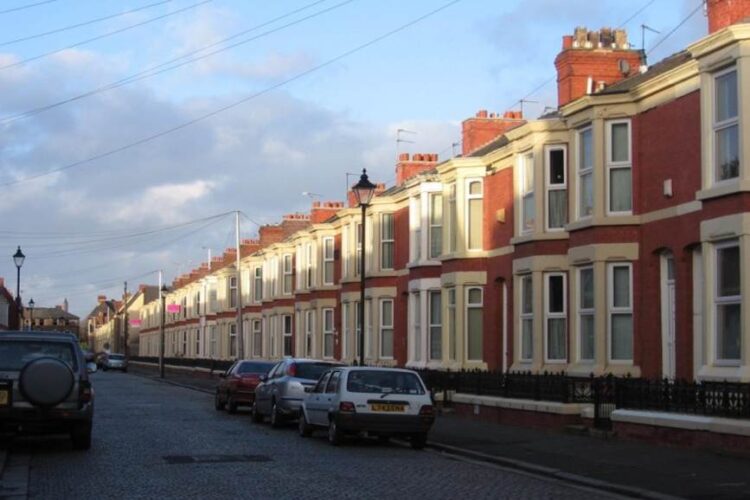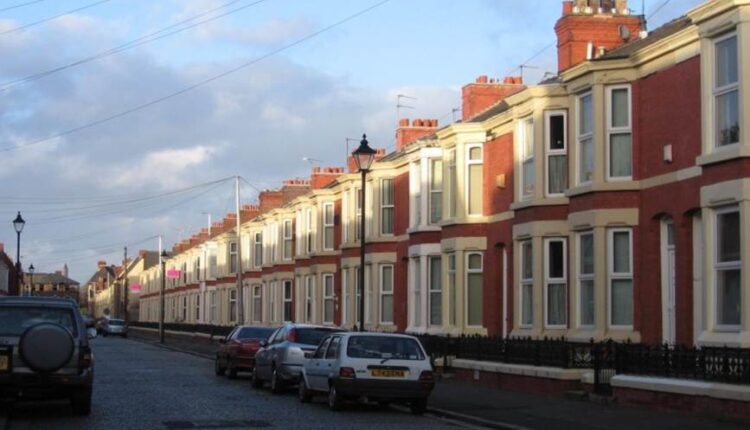Liverpool City Council’s five-year-old landlord licensing scheme was cancelled by the Government in January despite successful crackdowns on rogue operators – now it may be back. Tony McDonough reports

Residential landlords in Liverpool are facing a return to licensing despite the city council’s original scheme being abolished by the Government.
In January, Communities Secretary Robert Jenrick turned down an application to keep the five-year-old citywide scheme going from April 2020, claiming the council did not provide robust evidence to show low housing demand across the city.
In response, Liverpool City Council claimed its scheme had carried out more than 37,000 compliance actions, issued more than 2,500 legal and fixed penalty notices and prosecuted almost 250 landlords during the five years.
Between 2015 and 2020, 70 per cent of inspected properties in Liverpool were found to be in breach of their licence condition, uncovering serious hazards such as fire, electrical safety and excess cold. The scheme was supported by Merseyside Police, Mersey Fire and Rescue Service and many residents in a public consultation.
Now the council’s cabinet is being asked to approve a plan to start consultation on a new preferred scheme, based on poor property conditions, which would target the 16 wards in the city where at least one in five homes is owned by a private landlord.
It would mean that around 45,000 of the 55,000 properties, or 80%, in the original scheme would still be covered by the initiative, giving the council additional powers to drive up standards and keep vulnerable tenants safe.
The wards included would be: Central, Riverside, Greenbank, Kensington, Picton, Tuebrook & Stoneycroft, County, Anfield, St Michael’s, Princes Park, Kirkdale, Old Swan, Warbreck, Wavertree, Fazakerley and Everton.
The council is also proposing consulting on two alternatives, which would include slightly fewer wards. One, based on low housing demand, would cover all of those in the preferred option, apart from Greenbank, St Michael’s and Wavertree. The other, based on deprivation, would include all of those in the preferred option, apart from Central and Wavertree.
Cabinet member, Cllr Pal Brant, said: “We’ve made massive progress and led the way nationally in tackling poor housing conditions and bad property management, and we desperately need a large scheme to continue making a difference and drive up standards in the sector.
“Every single penny we get is ringfenced for the landlord licensing service, with our team out on the streets every day inspecting properties, chasing disrepairs and taking landlords to court when they don’t sort out the problems.”

